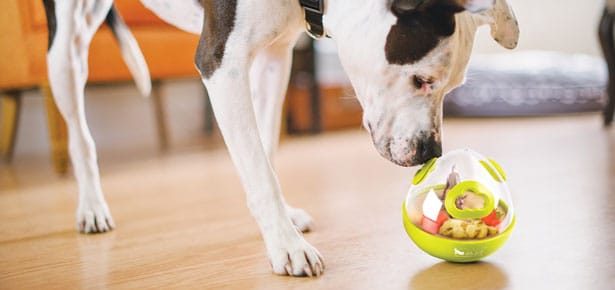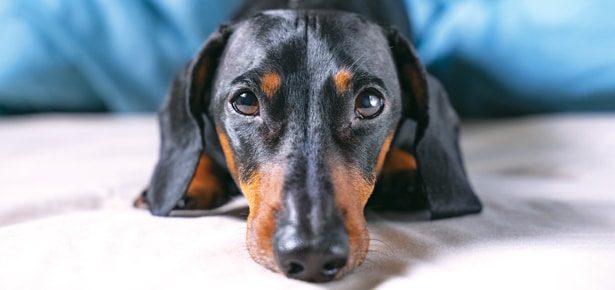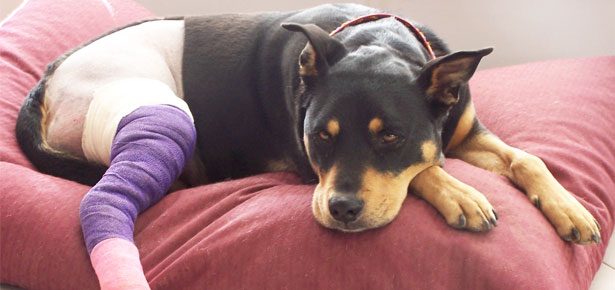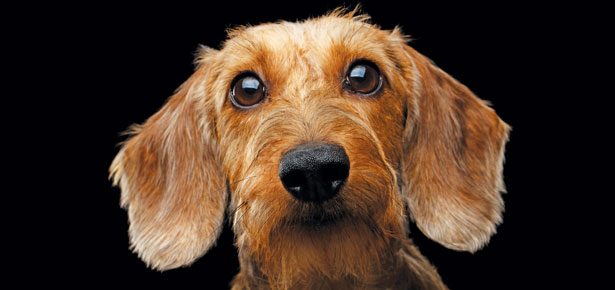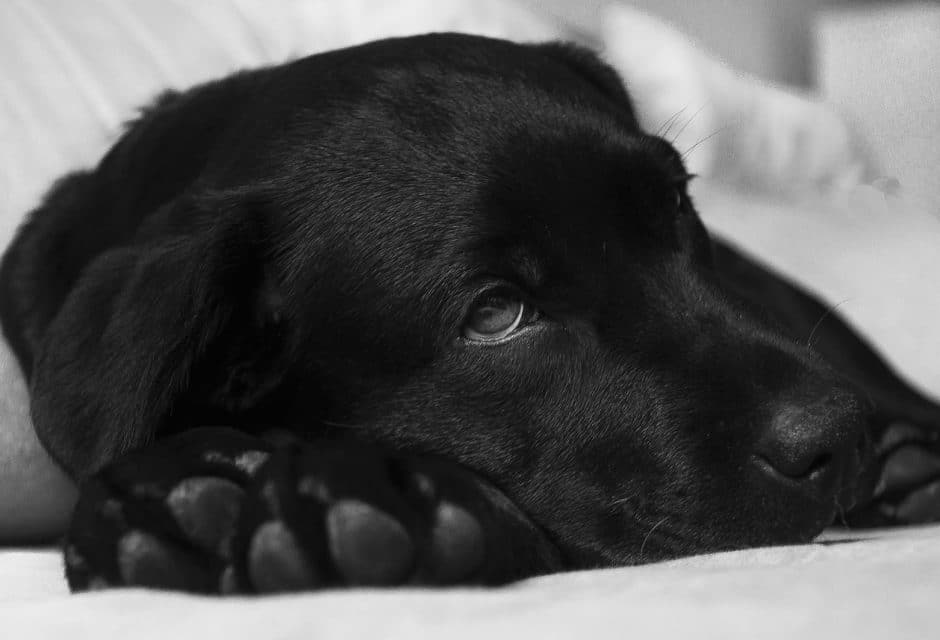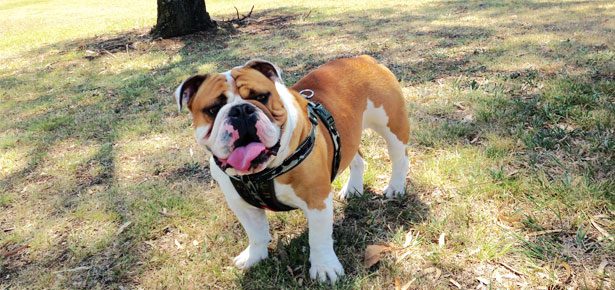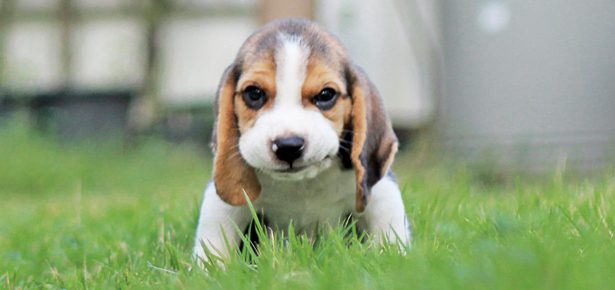
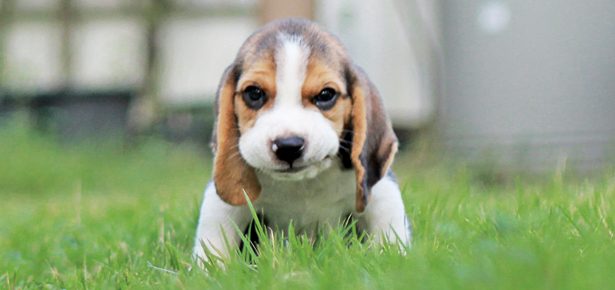
Why Your Dog Eats Poop, According to the Latest Scientific Research
Finally, science sheds some light on a mystery that has stymied—and disgusted—dog lovers for generations
Try as we might, we humans generally have a hard time understanding why in the world our dogs eat poop. Nothing is quite as disturbing as watching the cute canine you cuddle up with on the couch chow down on a steaming pile when you’re out for a walk. After all, dogs have an incredible sense of smell; shouldn’t they be revolted by feces consumption?
Unfortunately, poop eating, known in the scientific community as coprophagia, is a fairly common behaviour in dogs. New research explains why this may be so. A study recently published in the journal of Veterinary Medicine and Science suggests that this yucky behaviour is linked to “greedy eating”—think dogs that inhale their food—as well as an instinct leftover from dogs’ ancestors, the wolves.
According to the study, led by veterinarian Benjamin Hart, wolves may have eaten the feces of their pack (dropped by old or sick pack members who couldn’t make it outside—dogs and wolves alike don’t like to soil their living area) in order to clean up their dens. Doing so, posits Hart, who is director of the Center for Animal Behavior at the University of California at Davis, would have helped wolves avoid intestinal parasites such as larvae or worms. Because it usually takes around two days for parasites and pathogens to develop, eating the feces would generally be safe and would keep the parasites from developing in their living area.
As for the greedy eating, Professor James Serpell of the University of Pennsylvania and editor of the recent book The Domestic Dog: Its Evolution, Behavior and Interactions with People, explains it thus: dogs evolved as scavengers, meaning that they would eat whatever they could find—including feces. This impulse is a leftover of their evolution. In order to survive, canines couldn’t afford to be picky. This behaviour is still seen in many parts of the developing world, where dogs consume this “pre-digested” food source when scavenging for anything to fill their bellies.
Today, dogs (and cats) “are fed diets that are relatively rich in fats and protein, not all of which may be completely digested, making their feces potentially attractive as a second hand food source,” Serpell explained to the Washington Post.
Though it may prove small comfort, coprophagia appears to be a normal, natural dog behaviour that has been taking place for centuries. However, always consult your vet to make sure there are no other health problems leading to your pup’s behaviour (for example, a diet deficient in nutrients or calories), or psychological issues (like isolation or anxiety) that are spurring the behaviour. When those are ruled out, if you would like to put an end to the poop eating, the American Kennel Club suggests vitamin supplementation, enzyme supplementation, and taste-aversion products. And of course, keep your dog’s living area clean (aka manage the supply), supervise your dog while outside, and train a solid “leave it” command to discourage your dog from devouring droppings.
Join the newsletter and never miss out on dog content again!
"*" indicates required fields
By clicking the arrow, you agree to our web Terms of Use and Privacy & Cookie Policy. Easy unsubscribe links are provided in every email.
